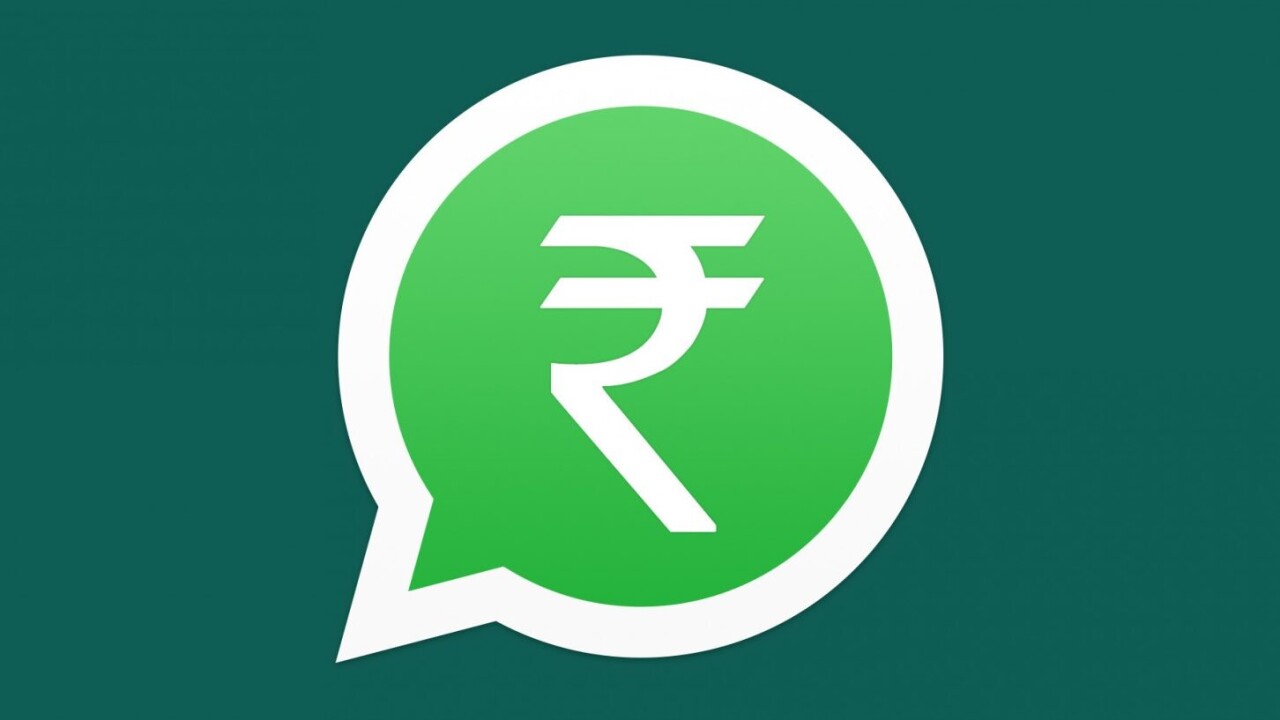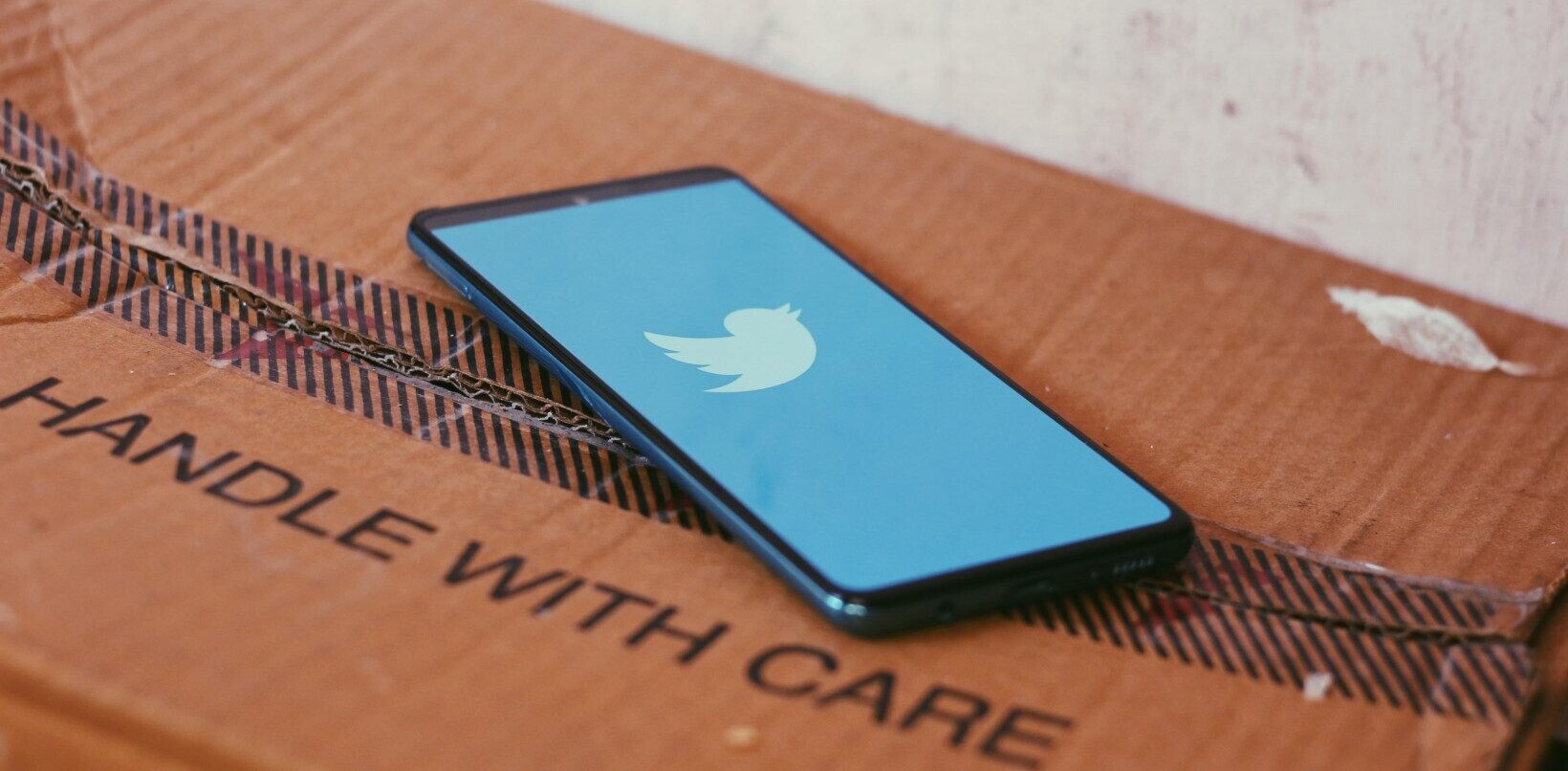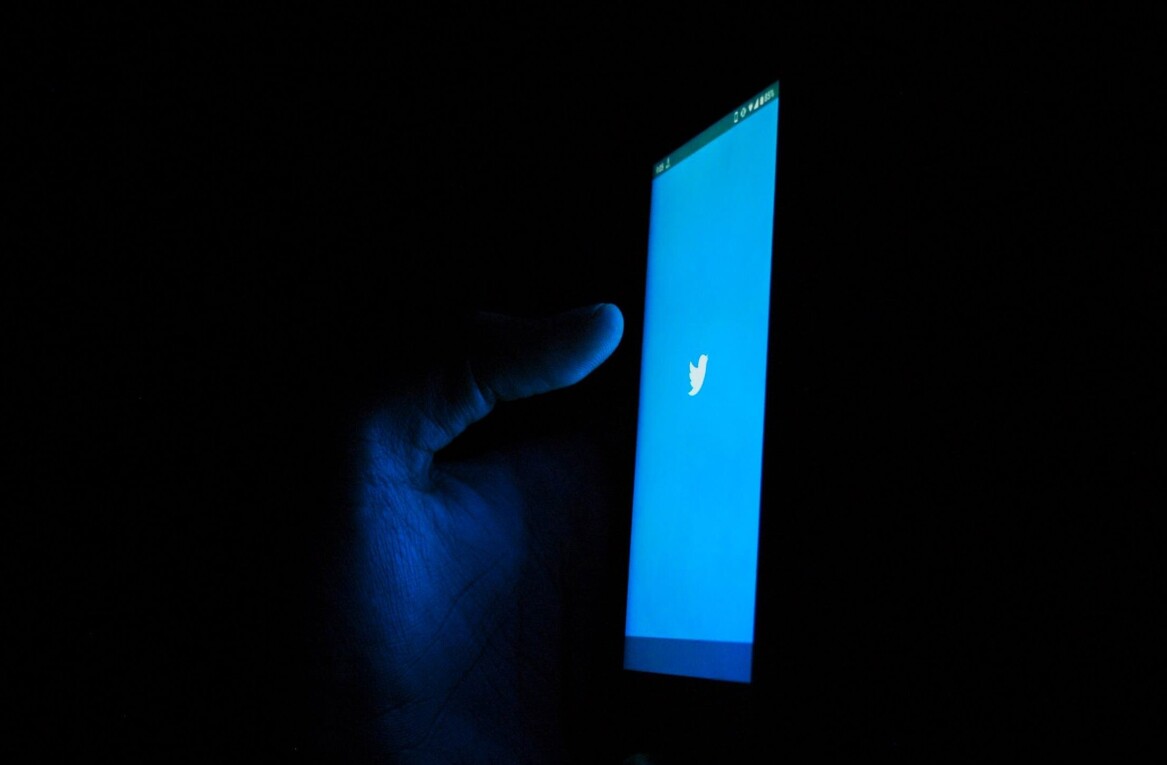
WhatsApp’s payment ambitions in India might not just be limited to peer-to-peer transactions. The company is looking into the possibility of lending money to its users as well.
Earlier this month, in a regulatory filing, the company said it wants to “advance money or give credit on such terms as may seem expedient, and with or without security, to customers and others.”
However, as the company is barred by law from doing any banking business, it’ll have to execute this product through partnerships with existing banks.
[Read: WhatsApp increases group call limit from 4 to 8 people]
In 2018, WhatsApp started testing its Unified Payments Interface (UPI) based product in India with a cap of 1 million users. After that, the project has hit a wall with several regulatory restrictions. The company intended to launch the payment feature by the end of the last year, but failed to get a nod from authorities.
In February, Business-Standard reported that WhatsApp will roll out payments to 10 million users in the next phase. But in an interview with TechCrunch earlier this month, Facebook India’s Head, Ajit Mohan, said the payments userbase still stands at 1 million.
With more than 400 million users in the country, WhatsApp has a great chance of becoming a major player in the digital payments sector rivaling Paytm, PhonePe, and Google Tez. According to Credit Suisse, the Indian digital payments industry is set to reach $1 trillion by 2023.
Last week, Facebook invested $5.9 billion in India’s top carrier Reliance Jio. As a part of the deal, JioMart piloted a program to let people order groceries through WhatsApp. According to reports published last year, Jio was also looking to foray into the consumer lending business.
Yesterday, Amazon launched its Pay Later product that allows users to draw a virtual line of credit for up to ₹20,o00 ($263) for buying goods or paying bills on the platform.
Get the TNW newsletter
Get the most important tech news in your inbox each week.





